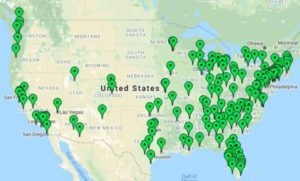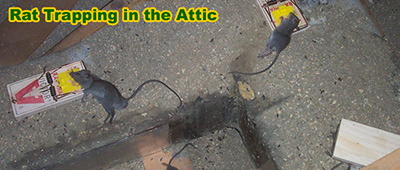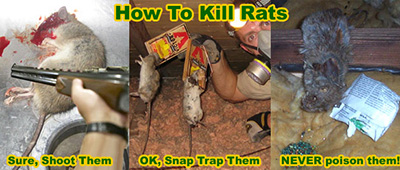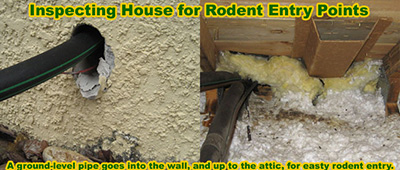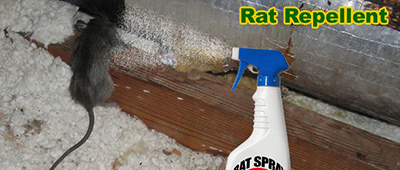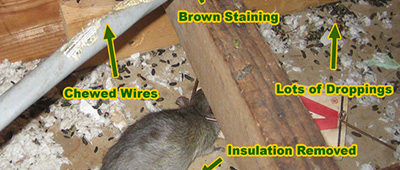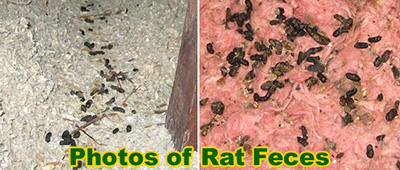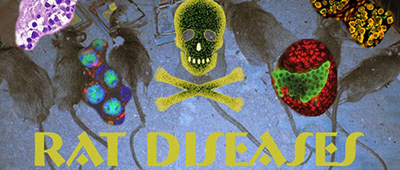Animals like spaces like home attics a lot, and that's why they are one of the most commonly hit areas by rodents such as rats and mice. These spaces are often left untouched and unvisited by humans for long periods of time. How often do you go into your attic? Twice a year to get down / put back up the Christmas tree? It's a dark, quiet, safe space that you - the homeowner - tends to leave alone.
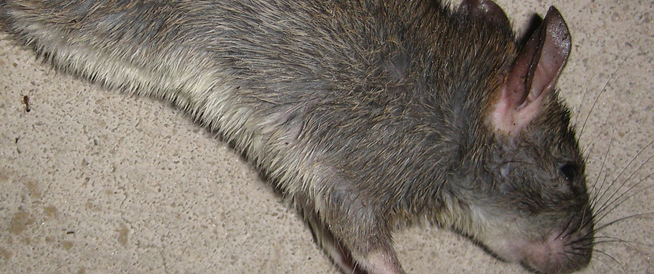
A rat will make a nest in your attic. After all, why wouldn't it? An animals purpose is to reproduce and ensure the continuity of heir species, and that's definitely what rats do. They reproduce at a staggering rate, and the reproduction will increase when they find a safe space to call a nest - often un-touched areas such as your attic.
When an animal is unwell, it will often go back to its nest to rest. Because your attic is the perfect space for a nest, this "rest place" will often be in there somewhere, or a similarly untouched space. If a rat has ingested poison and the anticoagulant is doing what it has been designed for, the rat will become poorly after a few days, and it will more than likely return to its nest. The rats health will decline, until eventually it dies, still in its nest. That's how come rats and mice end up dying inside your home and attic - they return to their nests to sleep and rest, and then they end up dying there.
Of course, the attic is only if you are lucky. Some rats choose deep wall cavities as a place to make their nests, and this can make life very difficult for when it comes to removing them. Someone needs to get rid of the tiny little bodies after they have died, and as the homeowner, that is your responsibility. You will need to remove those bodies before they start to decompose. If you don't, the body will attract flies, maggots, and even other rats and wild animals, and also a very nasty smell. That smell will just gets worse as time goes on, and as the temperature rises.
A rat infestation is never pleasant, but if you handle things the wrong way, things will continue to get even more unpleasant. Using poison isn't going to get rid of the problem. Poison will just result in a whole bunch of dead rats in your property somewhere. Snap traps are your best method of removal, and deals with the rodents in the most humane way possible. Poison takes a long time - sometimes weeks - to take effect. A snap trap is immediate. Think about it - wouldn't you rather take the approach that has far more advantages than disadvantages?
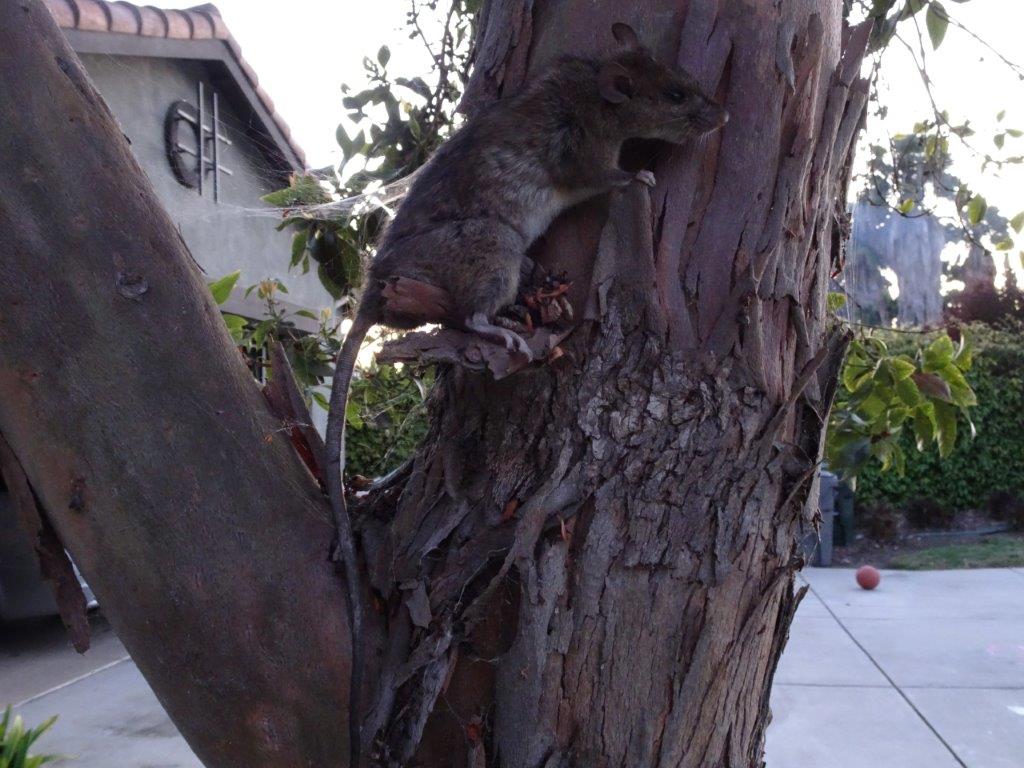
It's a real headache to find some of these nasty rodents lurking around our homes. Now imagine finding a dead one… It can probably give us a panic attack! So it is best to know the reasons why rats die in the house to avoid it.
How did they get here in the first place?
Finding answers to this question can help you prevent future intruders. Rats use different methods to get into houses. For example, they climb stairs and walls, use wires, cables, and whatever else they find in their path. Not to mention they can move through the water inside your pipes and gain access to your property.
Why do rats come to your house?
Good question! Rats have a greater ability to adapt than many other animals. This allows them to survive in different environments and climates, as adverse as they may be.
Rodents usually migrate from one place to another because their previous habitat didn't meet all of their needs. Rats are experts at finding places where they have access to safe shelter and adequate food. So your home may seem like the best choice for them.
Why do rats die in attics or houses?
There are many reasons why rats die inside attics and houses and these reasons are varied, depending on the home you own, the climate you live in, and even the type of pets you have.
These can be some of the causes for the rodents' death
- Poison: It's a method that can seem effective in killing pests, including rats. However, it takes some time for the rats to die. This may allow them to escape or hide somewhere inaccessible in the house.
Usually, if you put poison in your house, you should be aware that rats do not die immediately and have ample time to go hide. Then, when they die, they end up causing unpleasant odors in places you do not have easy access to.
- Traps: These are another reason rats die; by providing them with some food to attract them, they are more likely to be caught and killed. However, they could be injured and try to escape without success and die in inaccessible places.
- Animals: Rat deaths caused by domestic animals are not as common, as most pets are docile. But it is not uncommon to hear that pets such as cats or dogs kill intruders they find in their territory.
It is normal behavior for pets to bury or hide rats after killing them (if they have a place to do so) or to take them back to their owners once they are dead.
- Diseases: These rodents not only transmit many diseases to humans and other animals, but many of them also die when they contract diseases leading to stomach problems, skin and respiratory infections, tumors, etc.
Rats are animals that carry dangerous diseases, even fatal ones. These diseases can be transmitted through a bite or parasite in their excrement and urine. Rabies, cholera, Ebola, salmonellosis, or tuberculosis are some of the many diseases that these little ones can cause.
If you suspect a plague of rats in your home or you have found more than one dead rat in your home, it is advisable to eliminate these intruders that put your family's comfort and safety at risk.

